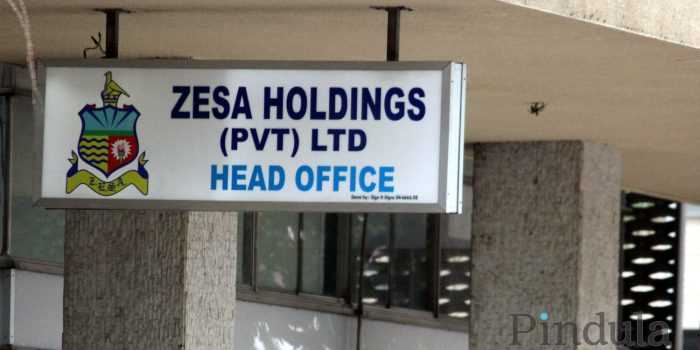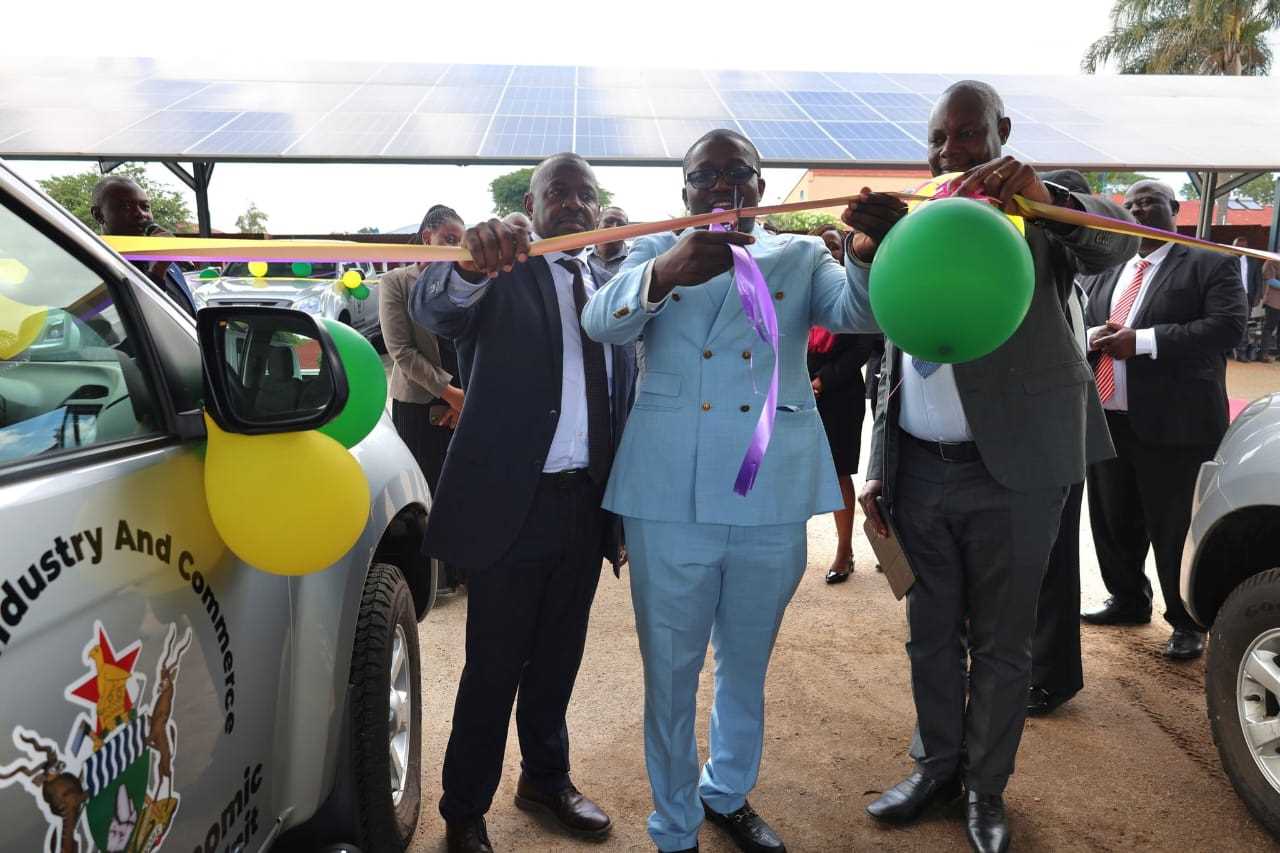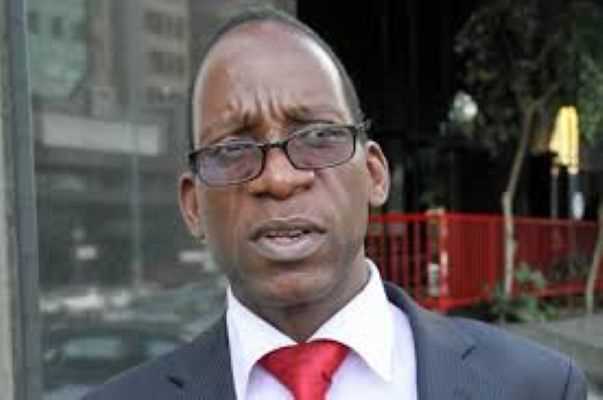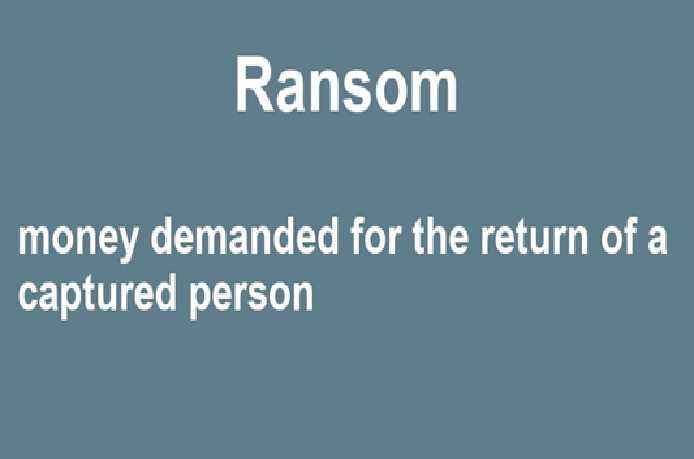
Zim Now Writer
Zesa Holdings Limited would want all of its clients, including industries, to pay their electricity bills in foreign currency so that it is able to fulfil its power import obligations.
The power utility, weighed down by low generation capacity on the back of obsolete equipment and low water levels in the Kariba Dam, has been importing most of its power from regional utilities to meet domestic demand.
Most consumers pay for their electricity in Zimbabwe dollar, making it difficult for Zesa to pay for power imports.
Zesa also said it is working to get permission from authorities to grant industries the rights to deduct power costs before any official deductions are made to their foreign currency earnings.
However, business is opposed to a tariff increase, arguing it would put industries in a very difficult situation as they are struggling to survive.
“We feel that we need to ensure that all our customers are paying 100 percent of electricity in foreign currency so that we can cover the (power) shortfall and also be able to meet our imports obligation,” Zimbabwe Electricity Transmission and Distribution Company commercial service director, Gift Ndlovu said on Tuesday during a Confederation of Zimbabwe Industries-organised symposium.
“To facilitate this, we would try to engage with the authorities to ensure that our customers will deduct electricity bill costs before the 75 percent surrender ratio or retention facility,” he said.
The Reserve Bank of Zimbabwe last week reviewed its forex retention scheme, allowing importers to retain 75 percent of their foreign currency earnings with the remainder being paid to them in Zimbabwe dollars, at prevailing official exchange rates.
Related Stories
Finance Minister Mthuli Ncube, in his 2023 national budget statement, said Zesa would review tariffs for major consumers such as miners to improve generation and boost its capacity to import electricity to meet local demand.
He said Zesa was suffering huge losses when supplying major consumers such as ferrochrome smelters, some of whom have been paying sub-optional tariffs of US$0,067/kWh.
“The industry requires to be recapitalised so that we can reinforce the (power) network and also rehabilitate it. I just need to encourage industries or all our customers to make sure that we pay (in time),” Ndlovu said.
Ndlovu said the import facilities Zesa has, for instance with Zambian power utility Zesco and Electricity de Mozambique, require them to make prepayments, making it crucial for customers to pay timeously.
Zesa, according to Ndlovu, will be moving all of its clients to a prepayment scheme to increase revenue collection.
Prepayment meters already account for 30 percent of the utility’s revenue, and by the end of this year, Zesa expects to put all domestic consumers as well as industries to have been moved to prepayment meters.
“Our hope is to make sure that we install 17 000 smart meters and also 100 000 prepaid meters by the end of the year.”
Ndlovu said though that theft and vandalism remain some of the biggest difficulties facing the power utility.




















Leave Comments